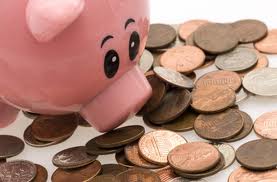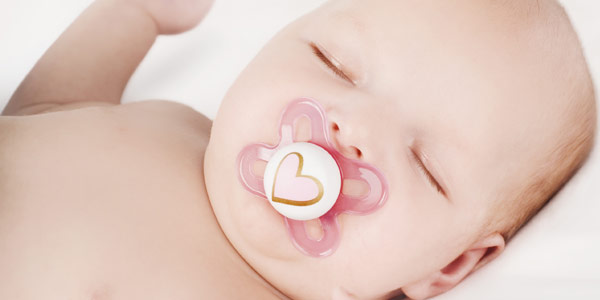This is a topic which is often discussed amongst parents and their friends. “Did you start giving an allowance yet? How much are you giving? Do you pay your kids something for doing the dishes?”
If you talk to several people you will not find a consensus: Some people do not believe in giving their children allowances at all, others cannot afford to. This blog is written for those parents that are considering starting their kids on an allowance.
Parents will start off their kids’ allowances at different ages, and at different amounts. Unfortunately, no solid data can be found on this.
In this blog I will summarize information from data I gathered from different groups: psychologists, pediatricians and parents. After reading this, you will hopefully have enough information to decide for yourself what you will do for your child. And it may not be exactly the same as we did for our kids. And that’s alright.
 At what age should I start allowance?
At what age should I start allowance?
As a rule of thumb, most experts agree that we should start paying allowance when your child is old enough to understand the concept of money. This is usually around age 5 or 6 yrs.
How much allowance should I pay?
In general, the amount of allowance should be enough for kids to spend on whatever they want, but at the same time not too much as to cause the parent a financial loss (i.e. you are ok for them to squander it). You should talk to your child or teen about what you expect their allowance to cover. Of course this also directly impacts the amount you will have to pay them; e.g. if your 11-yr old daughter is expected to buy her own clothes, you may wish to give her slightly more than the rules I am about to describe below.
There are some experts that feel the weekly allowance in dollars should be equal to the age of the child in years. I am in favour of paying the kids a weekly allowance that is equal to half their age in years. At the end of every month, as an encouragement to saving, tell them you will match whatever they saved that month.
Some believe that the kids should do chores to “earn” their allowance. I believe that performing small chores (e.g. cleaning up table after dinner, doing dishes, making your bed etc) teaches kids responsibility as well as encourages the feeling of being part of a family. Each member of the family contributes in his or her own way. They are part of the value system that kids learn. These contributions should not be remunerated. However, if it is an unusually large and/or infrequent chore (e.g. spring cleaning of garage), then some “extra allowance” could be given.
Young children might use allowance towards buying candies or toys. Or they may choose to save their allowance to buy a bigger present.
Older kids may buy (video) games or clothes from their allowance.
If you would like to research more on this topic, check out this link to a statement of the National Association of School Psychologists which dates back to 1998 but is still applicable, or read Janet Bodnar’s book “Dollars and Sense for Kids”.
Bottomline, Dr. Raffi’s tips on allowance:
1. Start at age 5 or 6 yrs old
2. Weekly allowance in dollars equals half the child’s age in years
3. Do not pay for chores unless it is an infrequent or unusually large chore
4. Try to encourage your child to save by offering to match whatever they have saved at the end of the month



 This is a very common question that I frequently get asked in my office and also by friends in social settings. How often has it happened, that you are the only parent in the house, and you forget to buy one item (mostly milk in our household) at the supermarket 5 minutes away from your house? Do you really have to get Johnny dressed again after he had his bath and is in his pyjamas, or could he just stay home alone for the 15-20 minutes this will take?
This is a very common question that I frequently get asked in my office and also by friends in social settings. How often has it happened, that you are the only parent in the house, and you forget to buy one item (mostly milk in our household) at the supermarket 5 minutes away from your house? Do you really have to get Johnny dressed again after he had his bath and is in his pyjamas, or could he just stay home alone for the 15-20 minutes this will take? This is a
This is a  It’s the time of year when the temperature rises – and so do our hopes of having a long summer.
It’s the time of year when the temperature rises – and so do our hopes of having a long summer.